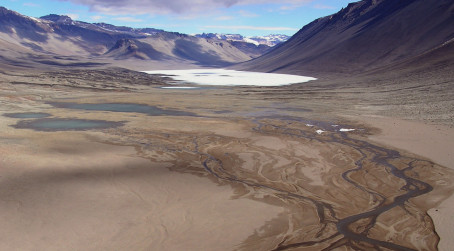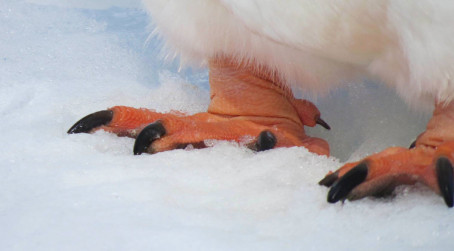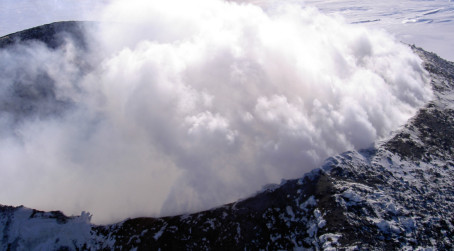The study of Antarctica and the Southern Ocean and their role in the global Earth system has never been more important as the region is experiencing dramatic changes that have global implications. The Antarctic region is a matchless ‘natural laboratory’ for vital scientific research that is important in its own right and impossible to achieve elsewhere on the planet.

Science
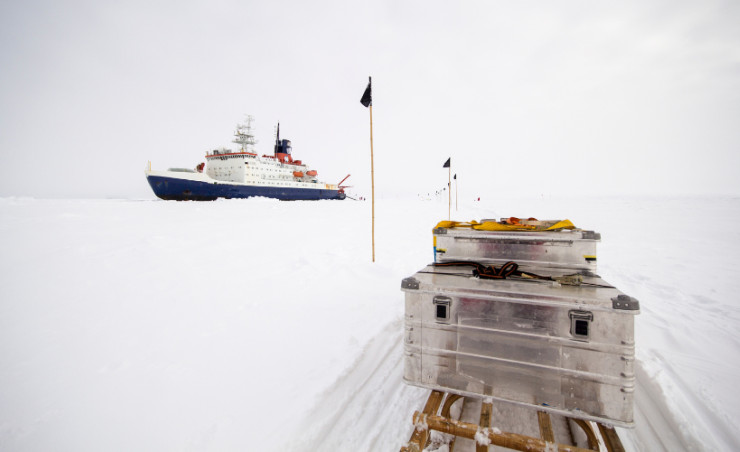
SCAR encourages excellence in all aspects of Antarctic research by developing transformational scientific programmes that address compelling topics and emerging frontiers in Antarctic science of regional and global importance.
SCAR initiates, facilitates and coordinates international cooperation in scientific research conducted in and from the Antarctic region and on the role of Antarctica in the Earth system. Much of SCAR’s work is carried out through its subsidiary groups – the permanent Science Groups (SGs), Scientific Research Programmes (SRPs), Expert Groups, Action Groups, Advisory Groups and groups co-sponsored with other organisations.
SCAR’s permanent Science Groups are responsible for:
- Sharing information on disciplinary scientific research being conducted by national Antarctic programmes;
- Identifying research areas or fields where current research is lacking;
Coordinating proposals for future research by national Antarctic programmes to achieve maximum scientific and logistic effectiveness; - Identifying research areas or fields that might be best investigated by a SCAR Scientific Research Programme and establishing Scientific Programme Planning Groups to develop formal proposals to the Executive Committee;
- Expert Groups (EGs) and Action Groups (AGs) are established by the permanent Science Groups, either individually or jointly, to address specific topics of interest to SCAR. Researchers propose new groups when they identify areas where current research is lacking or more coordination is needed. Groups report to their parent Science Group and membership is open to any interested researcher from a SCAR member country or union:
- Action Groups address one specific issue and are short-term, usually with a lifetime of between two and four years.
- Expert Groups have a broader focus and a longer lifetime of around six to eight years, with the option of renewal.
How we work
SCAR currently has over 30 groups addressing various aspects of Antarctic research. In this section of the website you will find more information on these groups, their goals and how to get involved with their efforts.
- Scientific Research Programmes (SRPs) are established by the three permanent Science Groups to focus efforts on high priority topical areas. They are large, overarching programmes in scope, are often multi-disciplinary and have a lifetime of around eight years. The current suite of SRPs will continue until 2028.
- Programme Planning Groups (PPGs) are the means by which Scientific Research Programmes (SRPs) are developed and proposed through wide consultation with the community. The current PPGs are planning additional programmes to be added to the current suite. There are two current PPGs, C-CAGE and AGE.
Standing Committees handle ongoing business of a permanent nature to help SCAR fulfil its mission:
From time to time, a new idea or research question arises that does not fall under the current groups that SCAR supports. When this situation arises, researchers may wish to propose a new group for SCAR support.
You can learn more about the process of creating a new SCAR Expert or Action Group on the Group Proposal Procedure page. Information about subsidiary groups prior to 2014 can be found on the archive website and in the SCAR Library.
For information on proposing a new Scientific Research Programme (SRP), please see the SRP information page.
12th SCAR Open Science Conference
The 12th SCAR Open Science Conference is heading to Oslo, Norway, 10–14 August 2026!
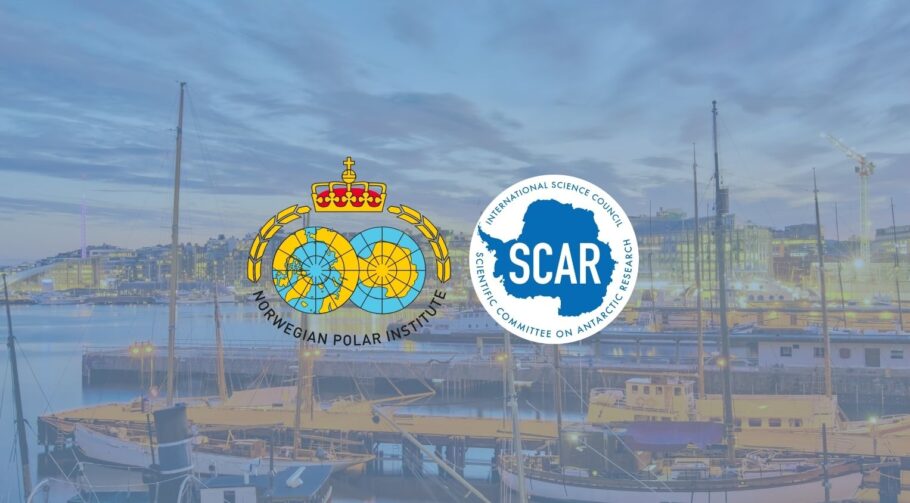
Support Us
Interested in contributing to SCAR?

